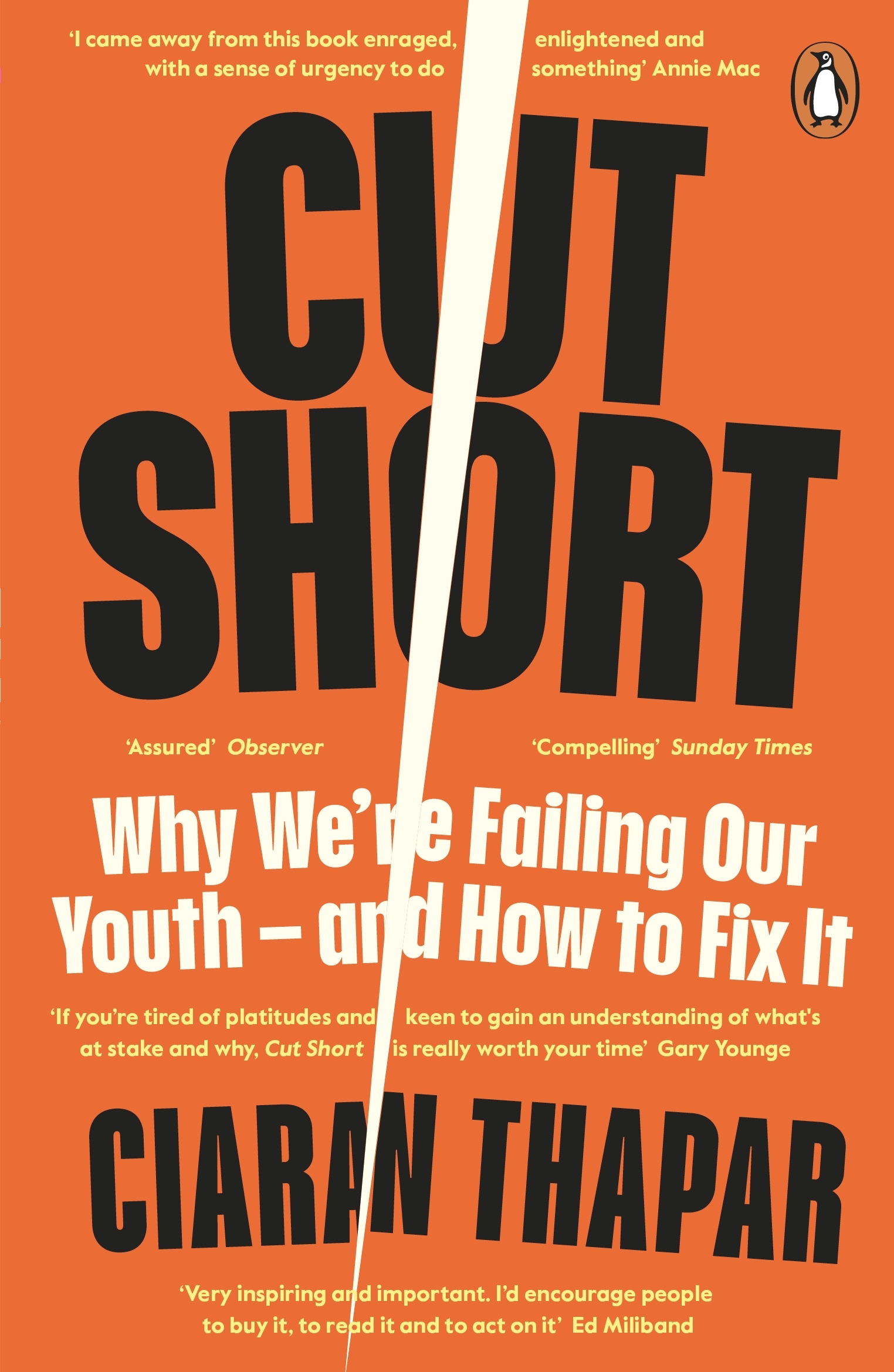Cutting Funding for Fresh Food in Massachusetts Schools: The Devastating Consequences for Children's Health
The state of Massachusetts has long been recognized for its commitment to providing high-quality education to its students. However, a recent decision to cut funding for fresh food initiatives in schools has raised concerns among health advocates, educators, and parents. The reduction in funding will have a significant impact on the health and well-being of Massachusetts' children, highlighting the need for policymakers to reconsider their priorities.
The "farm-to-school" program, which was launched in 2009, aimed to increase the availability of fresh, locally sourced produce in schools across the state. The program was a joint effort between the Massachusetts Department of Agricultural Resources and the Massachusetts Department of Elementary and Secondary Education. By partnering with local farmers and purchasing fresh produce directly from them, schools were able to provide healthy options to their students, while also promoting agriculture and local economies.
The impact of the "farm-to-school" program has been evident in schools across Massachusetts. Studies have shown that students who participate in these programs tend to have improved nutrition knowledge, higher consumption of fruits and vegetables, and better overall health outcomes. Furthermore, the program has created jobs and stimulated local economies, as farmers and school districts benefit from the increased demand for fresh produce.
Despite the success of the "farm-to-school" program, funding for the initiative has been slashed in recent years. In 2020, the state's budget removed $1.4 million in funding, effectively cutting the program in half. This reduction in funding will have a devastating impact on the health and well-being of Massachusetts' children, who will be left without access to fresh, nutritious food.
The Consequences of Cutting Funding for Fresh Food
Short-Term Effects
The immediate effects of cutting funding for fresh food initiatives will be felt by students and schools across the state. Some of the short-term consequences include:
- Reduced access to fresh produce: Without funding to purchase fresh produce, schools will struggle to provide healthy options to their students.
- Increased reliance on processed foods: Schools may be forced to rely more heavily on processed and packaged foods, which are high in sugar, salt, and unhealthy fats.
- Negative impact on student health: Reduced access to fresh produce will lead to a decline in students' overall health and well-being.
Long-Term Effects
The long-term effects of cutting funding for fresh food initiatives will be even more devastating. Some of the potential long-term consequences include:
- Increased obesity rates: By reducing access to fresh produce, schools will be contributing to the growing obesity epidemic among children.
- Decreased academic performance: Studies have shown that students who participate in healthy eating programs tend to have better academic performance and higher graduation rates.
- Negative impact on future health outcomes: Children who grow up in environments with limited access to fresh produce are more likely to develop chronic diseases, such as diabetes and heart disease, later in life.
Why Does Funding Matter?
Funding is critical to the success of fresh food initiatives in schools. Here are some reasons why:
- Funding allows schools to purchase fresh produce: Without funding, schools will struggle to purchase fresh produce, leading to reduced access to healthy options for students.
- Funding supports program development: Funding is necessary to support the development of programs, such as the "farm-to-school" program, which require infrastructure and resources to succeed.
- Funding promotes sustainability: Funding allows programs to be sustained over time, ensuring that they can continue to provide healthy options to students.
How Can Funding Be Increased?
Increasing funding for fresh food initiatives requires a multifaceted approach. Here are some potential strategies:
- Increase state funding: Policymakers can increase funding for the "farm-to-school" program and other initiatives that support fresh food in schools.
- Seek private funding: Private organizations and foundations can be encouraged to provide funding for fresh food initiatives.
- Develop public-private partnerships: Partnerships between schools, farmers, and private organizations can help to increase funding and support for fresh food initiatives.
What Can Be Done to Support Massachusetts' Children?
While the cut in funding for fresh food initiatives is a significant setback, there are steps that can be taken to support Massachusetts' children. Here are some potential solutions:
- Support local farmers: By supporting local farmers, Massachusetts residents can help to increase the availability of fresh produce in schools.
- Advocate for policy change: Advocates can work to change state policies to support the "farm-to-school" program and other initiatives that promote healthy eating in schools.
- Encourage private funding: Private organizations and foundations can be encouraged to provide funding for fresh food initiatives, supporting the development of healthy eating programs in schools.
How Can Parents Get Involved?
Parents can play a critical role in supporting their children's health and well-being. Here are some ways to get involved:
- Support local farmers: By supporting local farmers, parents can help to increase the availability of fresh produce in schools.
- Advocate for policy change: Parents can work to change state policies to support the "farm-to-school" program and other initiatives that promote healthy eating in schools.
- Encourage healthy eating at home: Parents can model healthy eating habits by preparing healthy meals at home, teaching their children the importance of nutrition and healthy eating.
Conclusion
The cut in funding for fresh food initiatives in Massachusetts schools is a devastating blow to the health and well-being of the state's children. By understanding the consequences of this decision and working together to support Massachusetts' children, we can ensure that every child has access to fresh, nutritious food.
Conor Mason Bellamyisease
Goblin Cave
Rebecca Pritchard Net Worth
Article Recommendations
- Yelena Bivol
- Connieenio Case Pos
- Joan Van Ark
- Is Keri Russell Related To Kurt Russell
- Skyes In Pc
- Who Isteve Harvey Voting For
- Lyra Crow Fans
- Who Is Orlando Brown S Mother
- Sophie Rainrome
- Is Jonathan Capehart Leaving Msnbc



